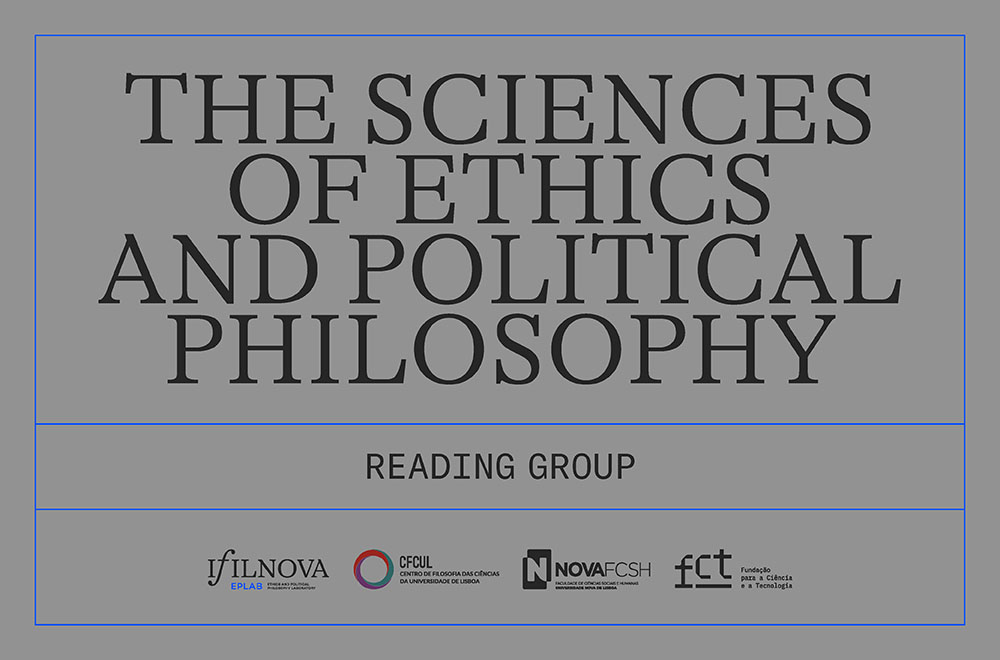Rethinking the Moral–Conventional Divide: Experimental Evidence for Consensus-Driven Judgments

The Sciences of Ethics and Political Philosophy Reading Group will get together on the 8th of October, at 14:00 [WEST], to discuss a paper by Erik O. Kimbrough and John Thrasher, “Rethinking the Moral–Conventional Divide: Experimental Evidence for Consensus-Driven Judgments” (unsubmitted draft). This session will have the confirmed presence of the second author.
Abstract
A commonly held view is that moral judgments should not change based on what other people think. In moral philosophy, Social Domain Theory presents a version of this view: it defines as moral those judgments that are insensitive to the presence/absence of consensus. We designed two studies to measure the consensus-sensitivity of moral judgments (N = 731). We measured peoples’ personal judgments and expectations about others’ judgments using a within-subjects design that manipulated whether an action aligned with or violated the local normative consensus. Across six diverse vignettes (five covering “moral” domains) participants consistently shifted their judgments in response to local consensus. To assess the robustness of this consensus effect, we also varied whether an authority endorsed the action, whether it involved harm, and whether it took place in an unfamiliar or temporally distant context, as qualified versions of Social Domain Theory stipulate that moral judgments may depend on these factors. In our studies, authority endorsement had a negligible impact. Even harmful acts became more acceptable when presented as consensus-supported. Sensitivity to consensus was further amplified in temporally distant or alien settings, suggesting that outside their own cultural milieu, subjects place greater weight on communal endorsement. Taken together, these findings challenge the sharp boundary often drawn between moral and conventional domains: moral judgments, though constrained by harm, still flex in light of perceived social approval. Our findings suggest the need for an alternative account of the distinction between moral and conventional judgments.
Anyone interested in participating can send an email to Filipe Faria: filipefaria@fcsh.unl.pt.
The Sciences of Ethics and Political Philosophy Reading Group is an international monthly-assembling online reading group co-hosted by the CFCUL and the Ethics and Political Philosophy Lab (EPLab) of the IFILNOVA. More information about the group here.

